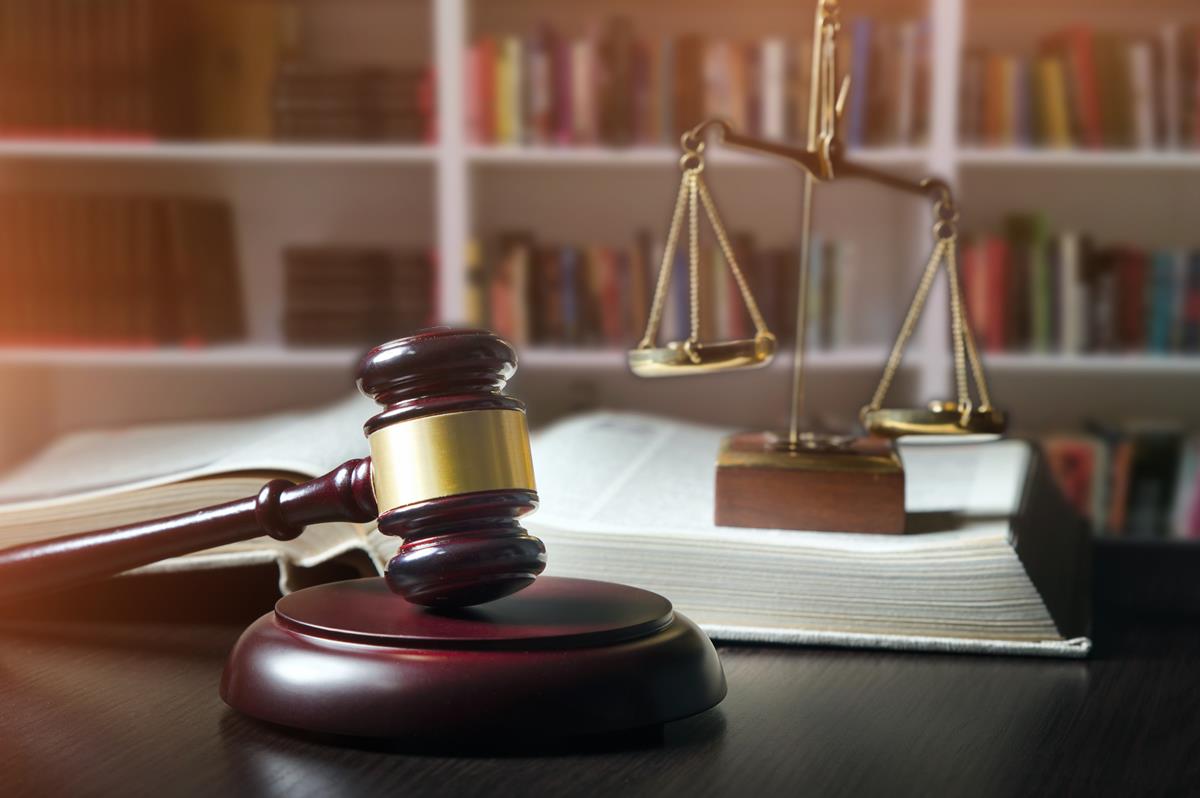Third Party Fleet Tracking Companies Likely Have No Duty To Preserve Information If Based on Knowledge or Foreseeability Alone

(January 2020) - In Florida, unlike parties to a claim, nonparties have no duty to preserve evidence based on knowledge or foreseeability of litigation. In a recent opinion, a Florida Court of Appeals was asked to examine whether the courts should recognize a common law duty for nonparty preservation of evidence based on the knowledge or foreseeability of litigation. The Court in Shamrock-Shamrock, Inc. v. Remark, 271 So.3d 1200 (Fla. 5th DCA 2019) clarified that nonparties have no duty to preserve evidence based solely on knowledge or foreseeability of litigation.
In Shamrock-Shamrock,, the Court acknowledged that Florida does not recognize a separate cause of action for the spoliation of evidence in the instance that the alleged spoliator and the defendant in the underlying litigation are one and the same. However, Florida courts have held that an independent cause of action for spoliation of evidence against nonparties can accrue when a nonparty loses, misplaces, or destroys evidence critical to that action.
To establish a spoliation cause of action, the plaintiff must establish six elements: (1) existence of a potential civil action; (2) legal or contractual duty to preserve evidence which is relevant to the potential civil action; (3) destruction of that evidence; (4) significant impairment in the ability to prove the lawsuit; (5) causal relationship between the evidence destruction and the inability to prove the lawsuit; and (6) damages.
The Shamrock-Shamrock Court focused on the second element, duty, and acknowledged that though “Florida courts have held a duty may arise based on the existence of a contract, statute, or properly served discovery request,” mere knowledge and foreseeability of future litigation are not elemental considerations. This decision is important as the trucking industry engages new technology from third party vendors.
In the context of trucking accidents, black box technology or electronic data recorders (EDRs) have been the focus of many discovery requests and disputes. This is often due to the rich nature of the data often retrieved from a black box. Examples of the potential sought-after discovery data include:
- When the truck’s brakes were applied;
- The speed of the truck at the time of the collision;
- Whether the truck’s air bags deployed;
- The average speed of a truck over an extended period of time;
- Engine malfunctions;
- Total number of crash events; and
- Whether the driver was wearing a safety belt.
Interestingly, not all black boxes are the same. Some black boxes only record data under crash-like conditions. This would require the truck to accelerate suddenly, engage a hard brake, or make some other sharp movement before the black box is triggered to record. Others continue to record when the truck is moving but remain on a continuous loop that records over itself. This can be problematic because it only leaves the last few minutes of data available. Still others have the capacity to record days and days of information, but often the information is limited.
Some third party GPS and cellular companies offer detailed fleet tracking capabilities, which seem to bridge the gap between data collection and data retention. These companies track information, including weather conditions and speeds of surrounding vehicles, at all times. Some of these companies provide the software only, leaving the data and information under the control of the trucking company defendant. However, some of these companies offer storage services. The question then becomes, in the event of potential litigation, what information is a nonparty required to preserve? Is it the tracking data only, or does it also include the company’s metadata and technology trail?
Thus, understanding a client’s relationship with the third party fleet tracking company becomes important to the preservation of important data for both sides of a claim. While the third party company may be under a contract to preserve certain data, the metadata may not be included. If such information becomes important in the prosecution or defense, a third party may not be under any duty to maintain that information, even if they know of a serious accident that would likely lead to litigation. Additionally, another question is left open: what duty does a first-party trucking defendant have in its attempts to preserve nonparty information when equipped with the knowledge of how such information is stored and for how long?
While this narrow issue has not been addressed, best practices would encourage litigants who have relationships with nonparty fleet trackers to send preservation letters immediately upon their own knowledge and foreseeability of a claim, and subpoenas once the litigation is commenced.
Author:
Jennifer Manso, Associate
This article appeared in the Transportation Law Update January 2020 Newsletter.